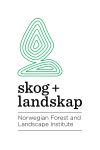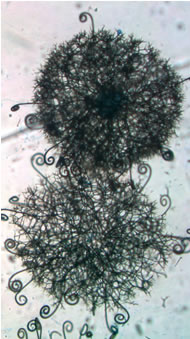- Centre Home
- About us
- Products & Services
- Biorefining Tech Transfer Centre
- IPPS
- News and Resources
- News archive 2019
- News archive 2018
- News archive 2017
- News archive 2016
- News archive 2015
- News archive 2014
- News archive 2013
- News archive 2012
- News archive 2011
- News archive 2010
- News archive 2009
- News archive 2008
- News archive 2007
- News archive 2006
- Publications and reports
- Mould Training School
- FAQs
- Annual Reports
- Links
- Contact Us

Cost Action FP1303: Mould training school
8 - 10 June 2015, BANGOR, WALES, UK
Mould Training School

MOULD TRAINING SCHOOL
8-10 JUNE 2015
BANGOR, WALES
CONTENT AND OBJECTIVES
PROGRAMME
REGISTRATION
ABOUT COST ACTION FP1303- **Registration form**





Mould fungi are an increasing hazard to both the appearance of buildings and to the health of those who live and work in them. In order to understand how and why moulds grow this training school will cover the biology, ecology, handling and assessment of a range of mould fungi using a hands on approach. Students and other ESR’s particularly welcome
Day 1 - June 8th 9.30—17.30
•Introduction to moulds
•Building physics and ecology
•Case Study: Assessment and sampling of an in-service mould problem
Day 2 - June 9th 9.00 - 17.30
•Fungal morphology and identification
•Culturing and sampling techniques
•Modern analysis methods
Day 3 - June 10th 9.00 - 15.30
•Evaluation of case study findings
•Health issues
•Methods of assessment of mould growth
Please fill in the registration form and forward it to: FP1303trainingschool@bangor.ac.uk and FP1303GrantHolder@sp.se by email no later than April 30th 2015.
Maintaining and expanding the market potential for bio-based building products in indoor and outdoor construction uses remains a key activity for European industry in the forestry and biotechnological sector. Performance data for many "environmental friendly" building materials are lacking as well as suitable comprehensive test methodologies to determine their resistance against mold, stain, and decay. The similarity in terms of decay hazard, resulting response on climatic loads and thus performance of different bio-based building materials has not yet been recognised adequately, wherefore this Action will provide a platform for networking and scientific exchange between different disciplines, such as material sciences, wood technology, biology, biotechnology, building physics and engineering. Consumer demands and preferences, which might serve as limit states to develop service life prediction and performance models, will consider aesthetical aspects as well as the functionality of building assemblies. A coordinated effort to put the issue of biodegradability of organic building products on the agenda will contribute to the control and prevention of this imminent threat to use bio-based building materials. Further details...




